Last night at my beautiful daughter's 30th birthday party, given by her beautiful siblings and their beautiful mates, one of her lovely friends freshly arrived from California, asked me about something I blogged last month - "Confucius on Love and Truth." She's interested in the I Ching, and like me, very interested specifically in what's known as "Hexagram 61 Inner Truth." For those who would like more of an intro, the original is at the end of today's post. I've continued to think further about that hexagram and a part of it that was so important in my life.
"Six in the third place means:
He finds a comrade.
Now he beats the drum, now he stops.
Now he sobs, now he sings.
Here the source of a man’s strength lies not in himself but in his relation to other people. No matter how close to them he may be, if his center of gravity depends on them, he is inevitably tossed to and fro between joy and sorrow. Rejoicing to high heaven, then sad unto death-this is the fate of those who depend upon an inner accord with other persons whom they love. Here we have only the statement of the law that this is so. Whether this condition is felt to be an affliction or the supreme happiness of love, is left to the subjective verdict of the person concerned.”
The above lines puzzled and fascinated me for years when I was young. I knew they must be deeply mysterious and worthy of the most intense meditation. Because why, thought I, should you not depend on an inner accord with those you love? It seemed so obvious to me that you should. My center of gravity belonged to my beloved! I took heart from Confucius' words "Things that accord in tone vibrate together" and "When two people understand each other in their inmost hearts, their words are sweet and strong like the fragrance of orchids." These words are heavenly intoxication to a young lover who doesn't yet know how to be judicious in love.
I found the cautionary words in the hexagram about affliction and being sad unto death so startling and improbable. And yet I, never really a womens-libber, always and still a lover and respecter of the sweet gestalt of the fifties, had experienced that same trajectory myself, sweeping it under the carpet again and again! How could these I Ching people know about this sort of thing?
I knew how good it felt to be absolutely devoted to another person, to forget myself and to stay "in accord" with someone else. Devotion is, by definition, so compelling! Even now, I find myself wishing for a big old hungry sleepy man to walk through the door and become the object of my devotion. Here, soak your tired feet in this big old basin of water. Let me start the fire, draw the bath, bring the tea, create a restful atmosphere! Beethoven's Appassionata, perhaps? Have you seen The Lives of Others, you good man, you?
Who else craves shared solitude? As my father used to say about appreciating the finer things in life, "There are very few of us left". I love when the Dalai Lama talks about "exchanging and equalizing" with people. I'm ready and willing to exchange and equalize! I've got the gist of it now, now that the years have run down. No getting lost, no more.
Apparently people who love well keep their gravity intact. They "exchange and equalize" but they hang on to their own equilibrium. They can retreat, with impunity, to their solitude as the heavy, deliberate and never-reckless pendulum of life occasionally thunders past. You can't go everywhere. You can't have it all. You can't have all the people. You can't have any one person completely. So in the end, without persuasion from Confucius or anyone else, I came almost sorrowfully, and then gladly, to the subjective verdict that one's strength must lie in oneself, and not in relation to the loved one. Now, with the perspective of years, it seems so trite and easy to see, but ooooh not easy at all in youth! And probably not easy at all in the young, heady, fulsome codependencies of the recent generation.
There are further, more subtle mysteries within this hexagram of Inner Truth, as I wrote last month, and which I'll reproduce here, since I don't yet know how to insert hypertext to create a link (!):
~~~~~~~~~~~~~~~~~~~~~~~~~~~~~~~~~~~~~~~~~~~~~~~~~~
Confucius on Love and Truth
"Life leads the thoughtful man on a path of many windings.
Now the course is checked, now it runs straight again.
Here winged thoughts may pour freely forth in words,
There the heavy burden of knowledge must be shut away in silence.
But when two people are at one in their inmost hearts,
They shatter even the strength of iron or of bronze.
And when two people understand each other in their inmost hearts,
Their words are sweet and strong, like the fragrance of orchids."
"Things that accord in tone vibrate together. Things that have affinity in their inmost natures seek one another. Water flows to what is wet, fire turns to what is dry ... What is born of heaven feels related to what is above. What is born of earth feels related to what is below. Each follows its kind."
Confucius. I Ching, Great Commentary
I first encountered these lines from Confucius when I was young and throwing the I Ching obsessively several times a day. "Throwing the I Ching" is a thousands-year-old process of tossing some coins or sticks six times, and "reading" the result. There is some math involved and a text to consult to interpret the deeper meaning. Carl Jung worked with Richard Wilhelm to create an extraordinary text for this purpose. The fact that the great psychologist Jung, a hero for many in our generation, got so involved with this edition of the I Ching was reason enough for me to pay attention. Wilhelm's interpretations of the sixty-four possible juxtapositions of the coins or sticks are eloquent enough to deserve a very close read, even without sticks or coins.
I allowed the quotations from Confucius, above,and many other individual lines from the I Ching, to synthesize with other influences in guiding and inspiring my life. One of my favorites is the hexagram "Inner Truth" which begins with words that can still shake me to the core:
"The wind blows over the lake and stirs the surface of the water. Thus visible effects of the invisible manifest themselves. The hexagram consists of firm lines above and below, while it is open in the center. This indicates a heart free of prejudices and therefore open to truth. On the other hand, each of the two trigrams has a firm line in the middle; this indicates the force of inner truth in the influences they represent.
The attributes of the two trigrams are: above, gentleness, forbearance toward inferiors; below, joyousness in obeying superiors. Such conditions create the basis of a mutual confidence that makes achievements possible.
The character of fu ("truth") is actually the picture of a bird's foot over a fledgling. It suggests the idea of brooding. An egg is hollow. The light-giving power must work to quicken it from outside, but there must be a germ of life within, if life is to be awakened. Far-reaching speculations can be linked with these ideas."
~~~~~~~~~~~~~~~~~~~~~~~~~~~~~~~~~~~~~~~~~~~~~~~~~
Happy Birthday Ava!
Sunday, December 23, 2007
I Ching "Inner Truth"
Subscribe to:
Post Comments (Atom)











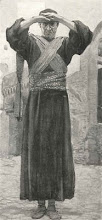
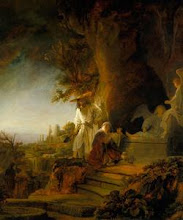





































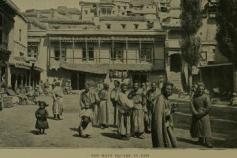
























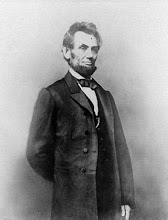






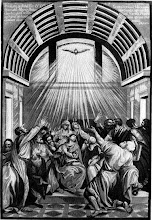



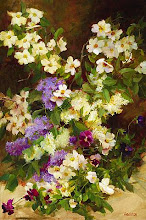





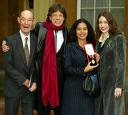
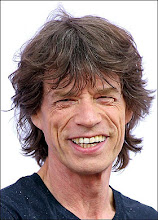

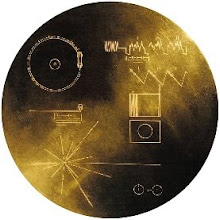


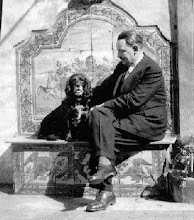














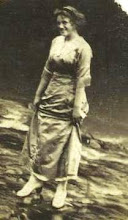
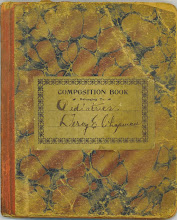


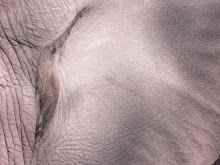

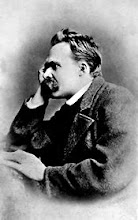







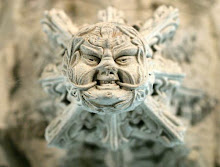




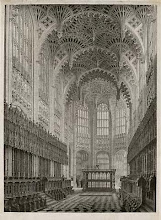


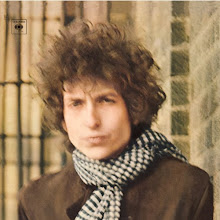
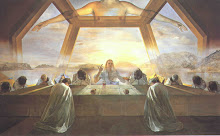





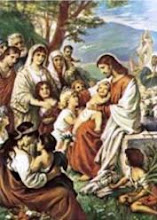













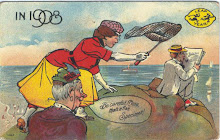

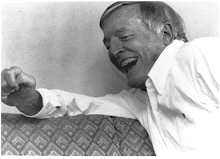





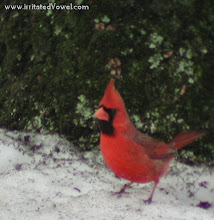










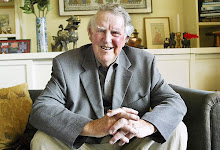
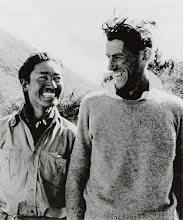

No comments:
Post a Comment